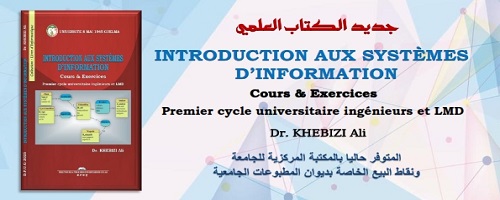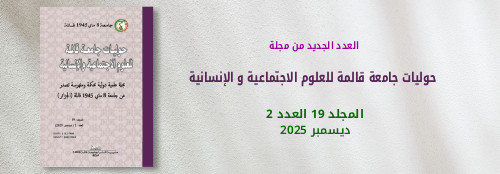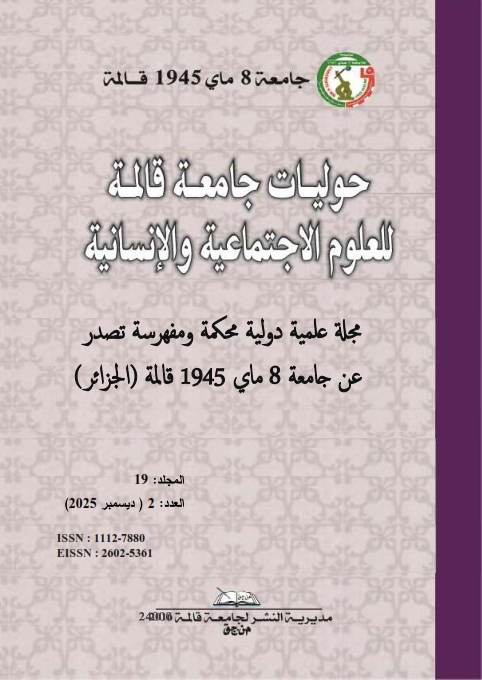جدلية الإمتاع والإقناع في الشعر الأموي (جرير أنموذجا)
العدد 17 - ديسمبر 2016
كثيرا ما يشدنا نص شعري فترانا ننفعل مع صاحبه، ونتفاعل مع كل مقطع شعري تفاعلا كبيرا، فتهتز مشاعرنا من خلال تلك الصورة الجميلة، فنحكم على تلك القصيدة حكما قيميا بأنّها من أروع ما قيل في الشعر العربي، ولكن هل يكفي أن نتفاعل مع نص شعري حتّى نحكم عليه بالجودة ؟ وهل وظيفة الشعر هي خلق المتعة واللذة لدى المتلقّي فحسب؟
يأتي هذا المقال لمقاربة هذه الإشكالية، من خلال الاعتماد على بعض النماذج الشعرية المختارة، للاستدلال وتعليل الأحكام.
الكلمات المفاتيح: جدلية – الإمتاع – الإقناع – الشعر.
On est souvent attirés par un texte poétique, on entre alors en interaction avec le poète, on est extrêmement pris par une strophe, nos sentiment sont touchés par cette belle image.
On formule un jugement de valeur en disent qu’il s’agit là de la poésie la plus splendide qui n’a jamais en d’égale dans la poésie arabe. Mais est – il suffisant d’être pris par un texte poétique pour juger de son excellence ? est- ce que la poésie est faite uniquement pour créer du plaisir et dle récepteur ?
Cet article est une approche de cette problématique à travers l’étude de quelques modelés poétique choisis en guise de preuves, et afin d’argumenter les e la jouissance chez le jugements.
Mots clés : Dialectique- Faire jouir – Persuasion - Poésie.
For most of the time, we are attracted by a poetic text so we extremely interact with the poet and every sonnet. As such our emotions are touched and taken by this wonderful image; we tend to evaluate and judge that poem to be the most splendid one in the Arabic poetry. But is it enough to evaluate the quality of the poetic text according to our interaction? What is the objective of poetry is it only meant for the pleasure and the delight of the audiences?
This article is an approach to this problematic through studying some selective poetic models for deducting and reasoning the judgments.
Key words: Dialectic- Pleasure- Persuasion- Poetry.




